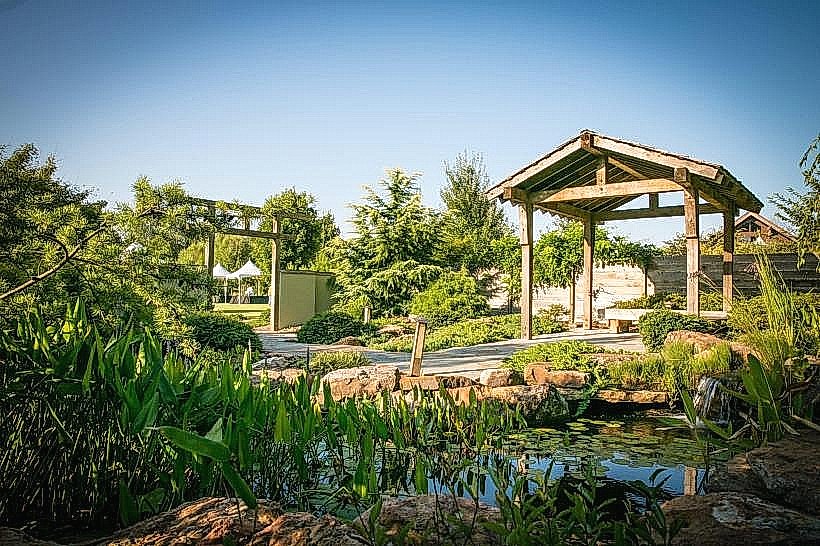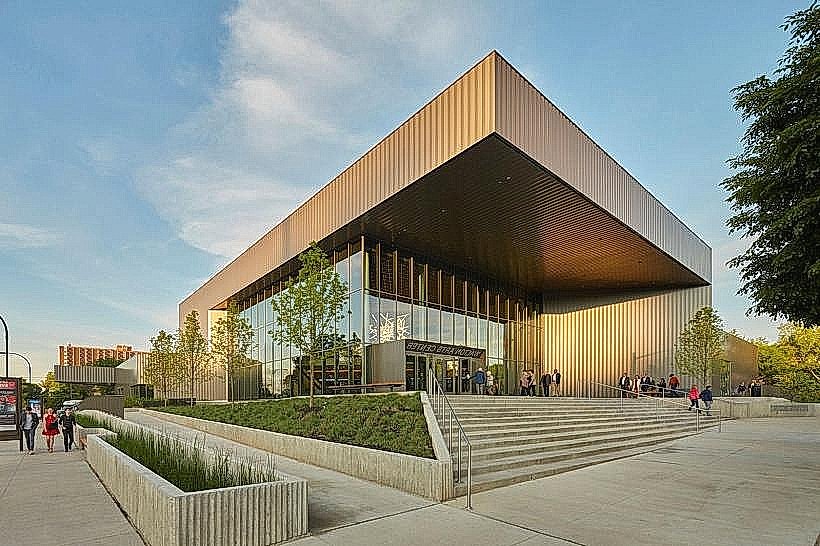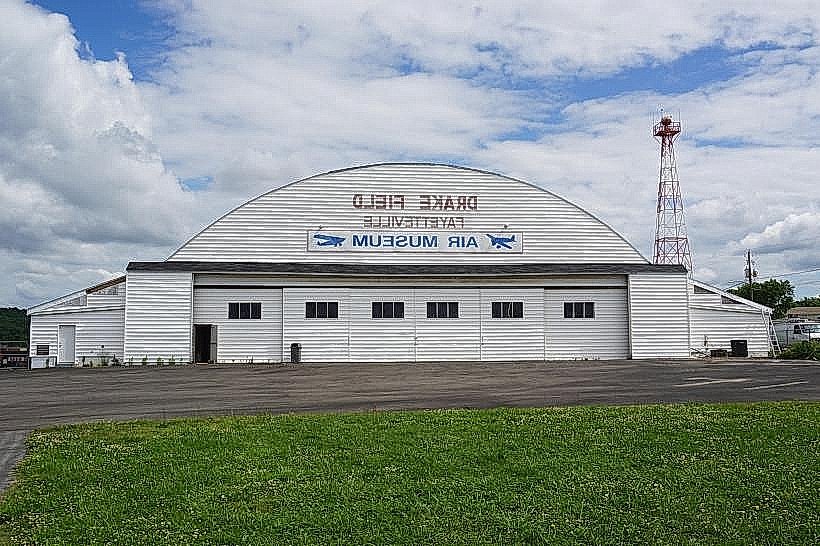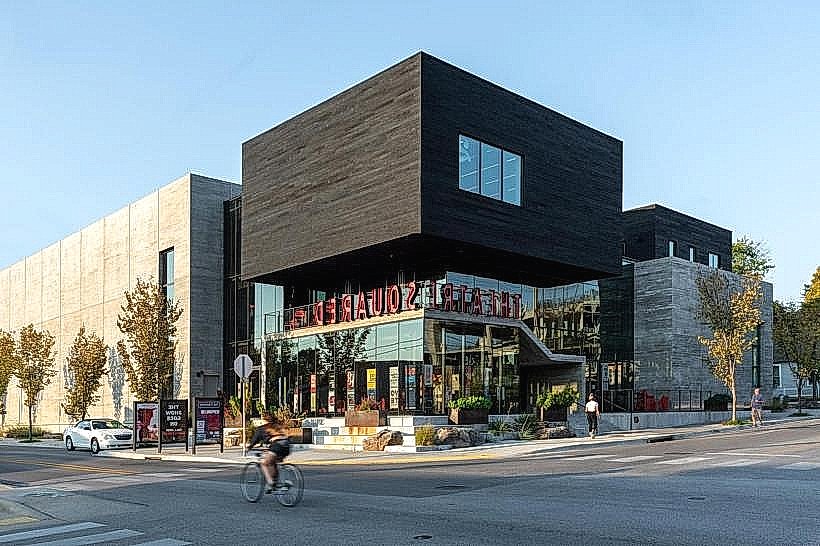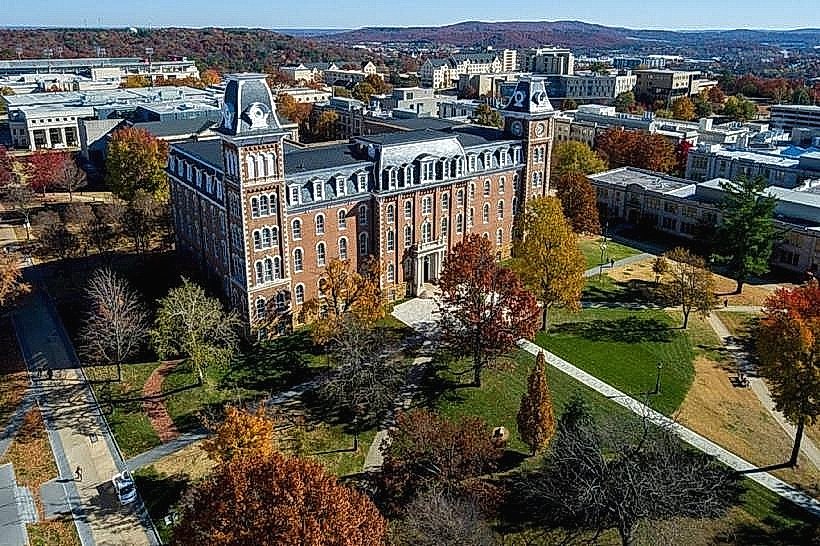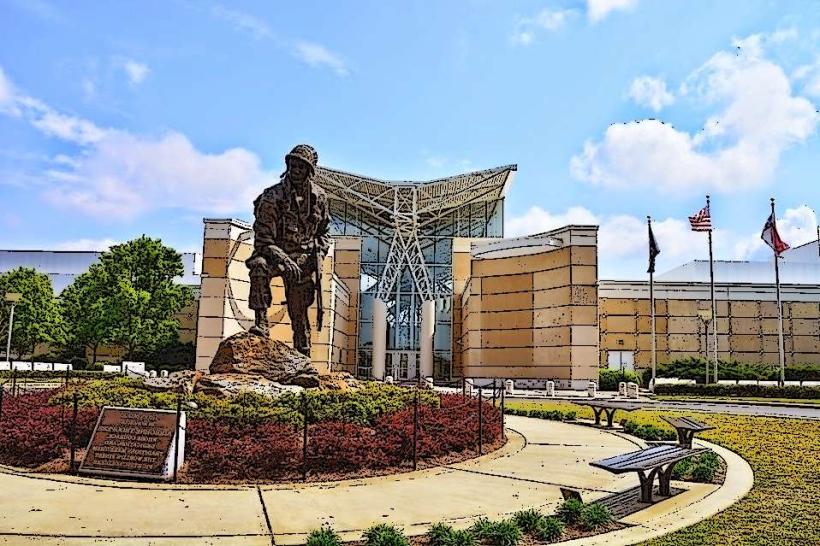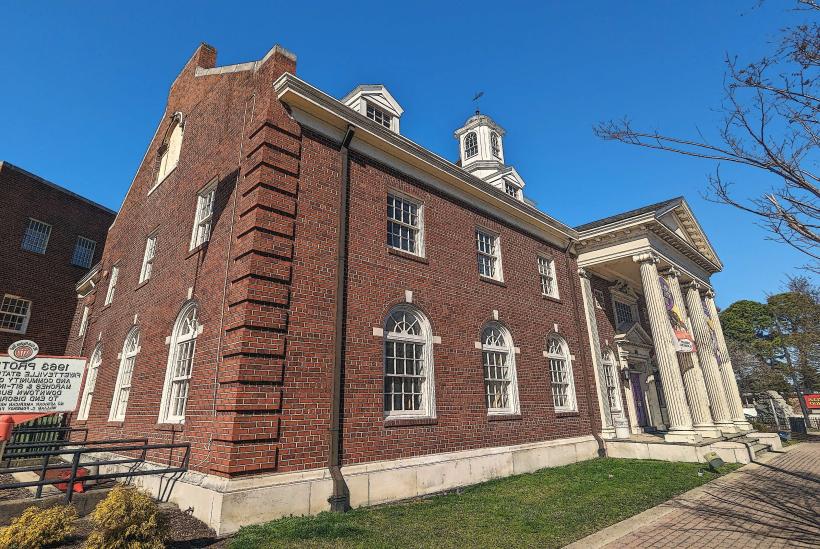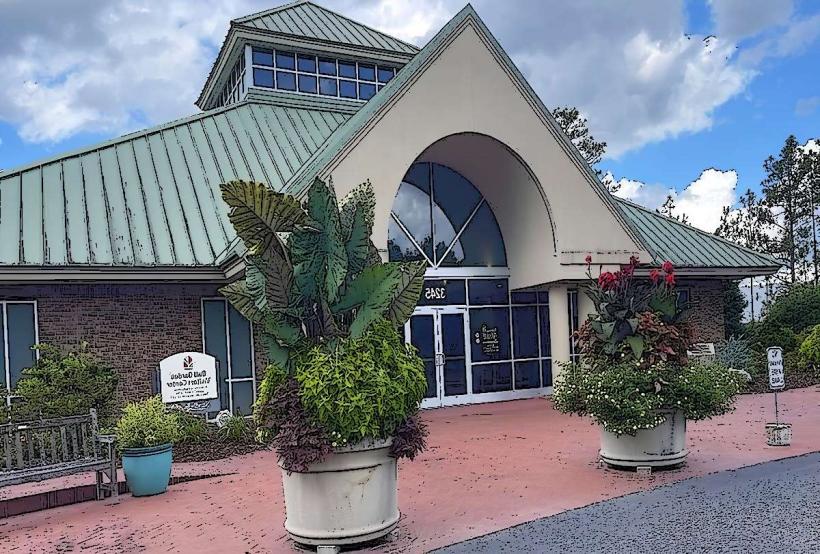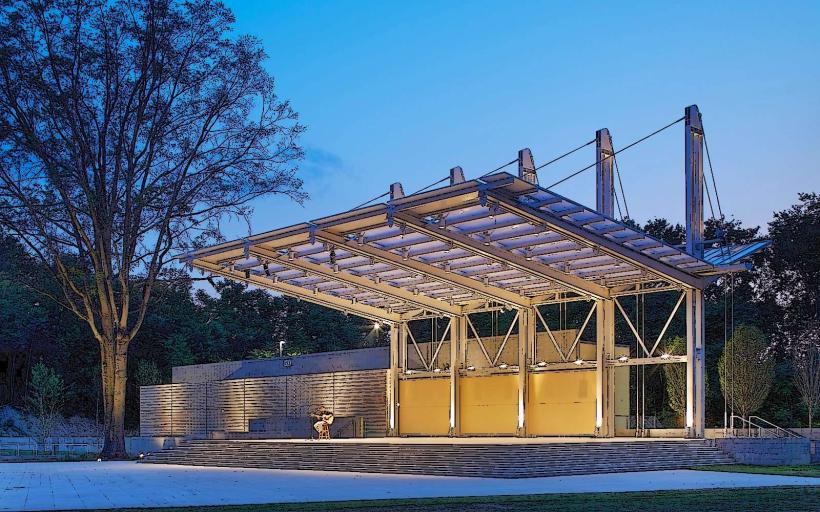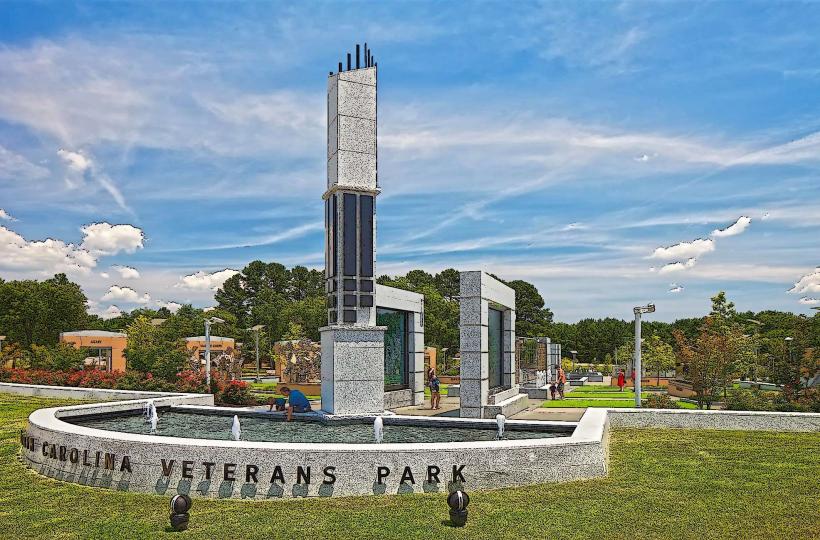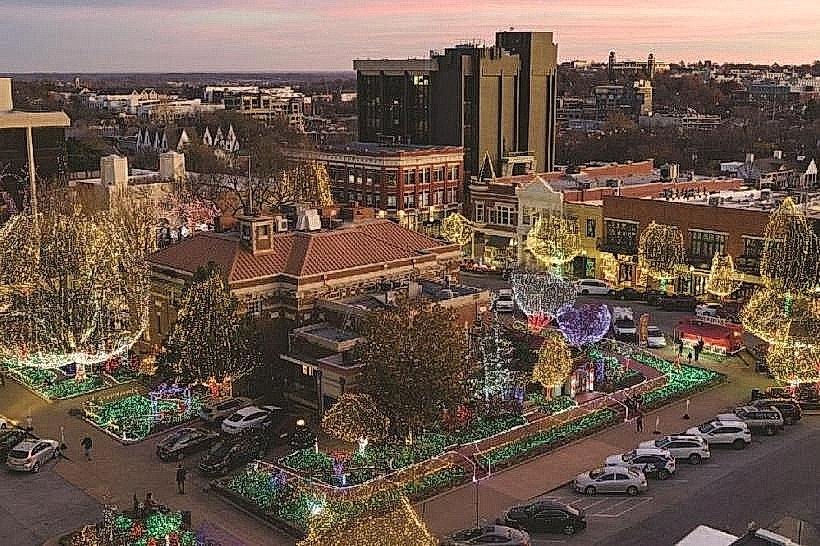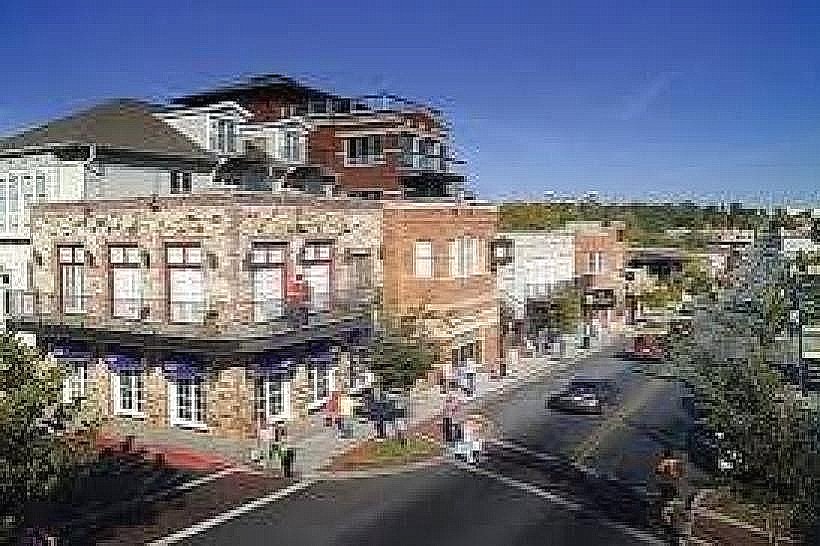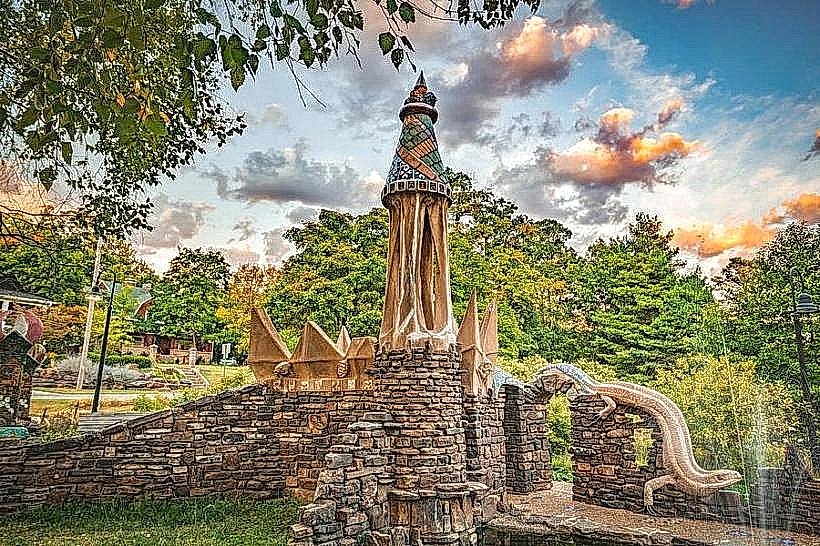Information
Landmark: Museum of the Cape Fear Historical ComplexCity: Fayetteville
Country: USA North Carolina
Continent: North America
Museum of the Cape Fear Historical Complex, Fayetteville, USA North Carolina, North America
The Museum of the Cape Fear Historical Complex is a multi-site institution located in Fayetteville, North Carolina, dedicated to preserving and interpreting the history of the Cape Fear region.
Visual Characteristics
The complex includes several structures. The Arsenal Building, the primary museum facility, is a two-story brick structure constructed in the Greek Revival style. It features a symmetrical facade with a central entrance and prominent cornices. The Smith-McNeil House is a two-story frame house exhibiting vernacular architecture with a central hall plan. The Pearson Farm is a collection of agricultural buildings including a barn and outbuildings constructed from wood and local stone.
Location & Access Logistics
The Museum of the Cape Fear Historical Complex is situated at 852 Arsenal Avenue, Fayetteville, NC 28301. It is approximately 1.5 miles south of the Fayetteville city center. Access is via Arsenal Avenue, which connects to Murchison Road. Ample free parking is available on-site. Public transport options include the Fayetteville Area System of Transit (FAST) bus route 4, which stops within walking distance of the main museum building.
Historical & Ecological Origin
The Arsenal Building was constructed between 1838 and 1859 as a state arsenal for storing and manufacturing arms. It was designed by architect John G. Williams. The Smith-McNeil House dates to approximately 1840 and represents a typical antebellum farmhouse. The Pearson Farm is a preserved agricultural property illustrating 19th-century farming practices in the region.
Key Highlights & Activities
Visitors can explore exhibits on regional military history, Native American heritage, and the Civil War within the Arsenal Building. Guided tours of the Smith-McNeil House are available on select days. Demonstrations of historical farming techniques are sometimes conducted at the Pearson Farm.
Infrastructure & Amenities
Restrooms are available within the Arsenal Building. Limited shaded areas are present on the grounds. Cell phone signal (4G/5G) is generally available. No on-site food vendors are present, but several restaurants are located within a 1-mile radius.
Best Time to Visit
The museum is open Tuesday through Saturday, 10:00 AM to 5:00 PM, and Sunday, 1:00 PM to 5:00 PM. The best time for photography of the exterior architecture is during midday when lighting is most direct. Spring (April-May) and Fall (September-October) offer the most comfortable outdoor temperatures for exploring the grounds.
Facts & Legends
During the Civil War, the Arsenal was a critical Confederate facility. A local legend suggests that hidden tunnels once connected the Arsenal to the Cape Fear River, though no definitive evidence supports this claim.
Nearby Landmarks
- Fayetteville Transportation and History Museum (0.8km Northwest)
- Cape Fear Botanical Garden (2.1km Southwest)
- Arnette's Castle (3.5km Northeast)
- Cross Creek Cemetery (1.2km North)
- Market House (1.6km North)

